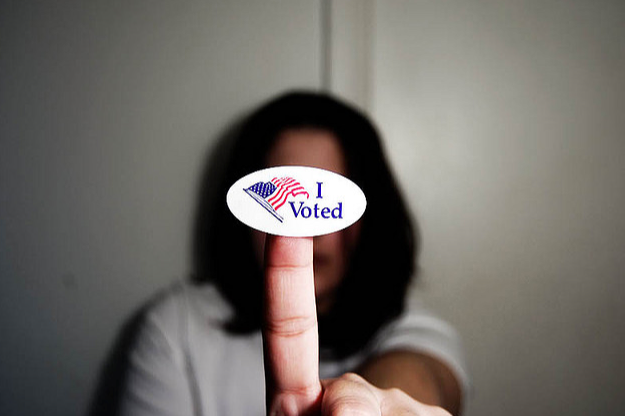A Wisconsin federal district court Monday shot down a lawsuit attempting to expand the number of acceptable voter IDs.
The American Civil Liberties Union sought to make veteran IDs, technical college student IDs and out-of state driver’s licenses eligible forms of voter identification. It also sought to give citizens who have difficulty accessing proper identification the ability to vote by affidavit.
In order to increase the number of eligible voters, ACLU fought Gov. Scott Walker’s 2011 voter ID law, which it called in a statement one of the most restrictive in the nation.
Dale Ho, director of the ACLU’s Voting Rights Project, called in a statement the rejection of a veteran ID at the polls “unconscionable.” He said the organization is still determined to “dismantle” the voting obstacles Wisconsinites face.
“Wisconsinites face barriers to the polls due to the limited forms of ID mandated under the state’s restrictive voter ID law,” Ho said in the statement. “We are looking at our next steps as we continue efforts to dismantle these obstacles to voting.”
Federal district Judge Lynn Adelman called for the inclusion of technical college IDs as valid voter IDs on the basis that polls have accepted them since Walker’s voter ID law was put in place four years ago.
Adelman wrote he found it difficult to envision a situation in which an adult could be a Wisconsin resident for voting purposes, but not for the purposes of the motor-vehicle code. He said in the decision since a person could not legally drive in Wisconsin without surrendering their out-of-state license, the voter ID law does not unfairly bar an out-of-state person from voting; it simply leads them to get a Wisconsin driver’s license, which is required by law for a driving resident.
Adelman also wrote the allowance of military IDs but not veteran’s IDs is acceptable because people in the military typically change location more frequently than veterans who would be able to obtain a state-distributed voter ID.
“The state had to draw the line between acceptable and unacceptable forms of ID somewhere,” Adelman wrote in the decision.













